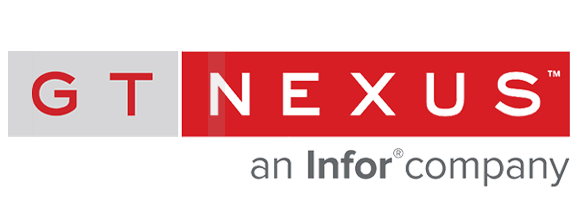4 Skills Tomorrow’s Supply Chain Leaders Will Need
To truly lead in the Supply Chain field, it seems like there are four broad categories of skill that people need to have: Operations, Finance, IT, and Marketing.
I recently had the privilege of attending the University of Tennessee Supply Chain Forum, an event organized by the business school that brings together a group of academic and corporate leaders. The UT supply chain program is among the best there is. I was told that 100% of their supply chain MBA graduates had already found jobs in the industry, which is impressive.
As careers go, this one looks promising. Those who understand how to run global supply chains and related operations are poised to do very well in years to come. Most jobs are well-paying; you get to travel the world; you will be challenged. Not to mention, we’ve only started seeing the effects of globalization–the world is becoming more networked every day. The demand for these skills is bound to increase.
Over the course of the two days at the event, I spent a lot of time talking professors and peers about what it takes to become a future supply chain leader. To truly lead in this field, it seems like there are four broad categories of skill that people need to have:
- Operations – The most obvious and core background. Planning, sourcing, executing, and measuring success is probably the closest thing to the foundation of a supply chain career definition. What’s new here is understanding global commerce and supply chains. Running a global operation is a radically different situation, requiring full understanding of executional mechanics at a network level. There has been a great amount of focus on planning in the past, but that only gets you so far in the global arena where extended lead times and complex chains of custody create an environment of constant risk.
- Finance – This has historically been part of the supply chain leader’s core skillset. They must understand robust performance analytics and how operational activities impact the bottom line. There are a number of new capabilities around procure-to-pay automation in direct sourcing that the procurement/sourcing teams need to learn about, as it’s directly related to the way products are paid for, supplier solvency, and inventory financing options.
- IT – Shockingly, many major corporations still use e-mail and spreadsheets to run big chunks of their supply chains. This is changing. Advanced supply chain technology is moving away from ERP systems, which are typically owned and operated by corporate IT. In global supply chain management, where processes are inherently related to things taking place between companies around the world, a new class of cloud solutions can be obtained on a subscription basis by the business unit, not IT. Supply chain leaders must have an understanding of IT beyond traditional software, as these decisions will drive their future success–and technology network models and data quality are the true keys to success.
- Marketing – A global company’s supply chain spends a lot of time on defense, reacting to unexpected problems and ensuring operations run smoothly. There are lots of great stories across the supply chain. Marketing is one vehicle to shift from defense to offense. Socializing a crisp message related to operational excellence can change perceptions – potentially at a shareholder value level. This is marketing. And this is what makes the organization and its leaders shine. It’s what too few companies embrace today, but what industry leaders wholeheartedly understand.
Operational and financial experience will always be core for a supply chain executive. But IT and marketing are new. I see many executives getting pulled into IT decisions because the scope of the technology is mission-critical, and it’s not something they can wait on the CIO for. Marketing is still a fairly untapped opportunity, dominated by individuals who understand their own professional benefit of being proactively vocal, visible, and innovative.
The people who master all of these skills won’t just be supply chain leaders, they will move into corporate leadership. Supply chain is now a big, strategic domain that will increasingly churn out new presidents and CEOs. Just ask Apple’s Tim Cook.
Download ISM’s 2014 ISM® Salary Survey
More Supply Chain 24/7 ‘Papers’ on “Leadership”













